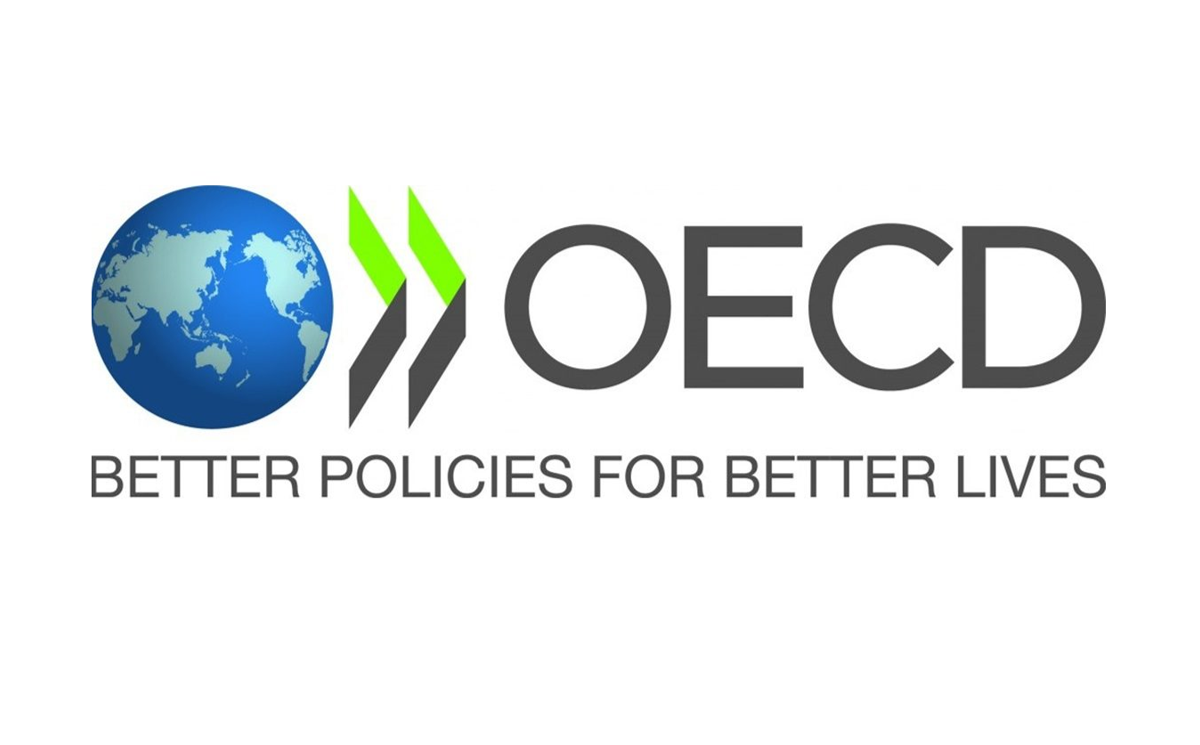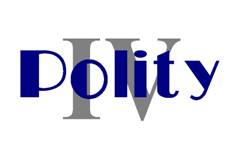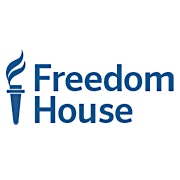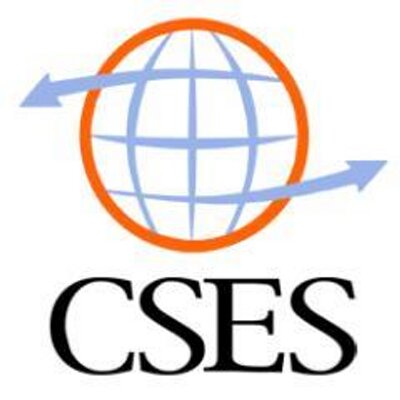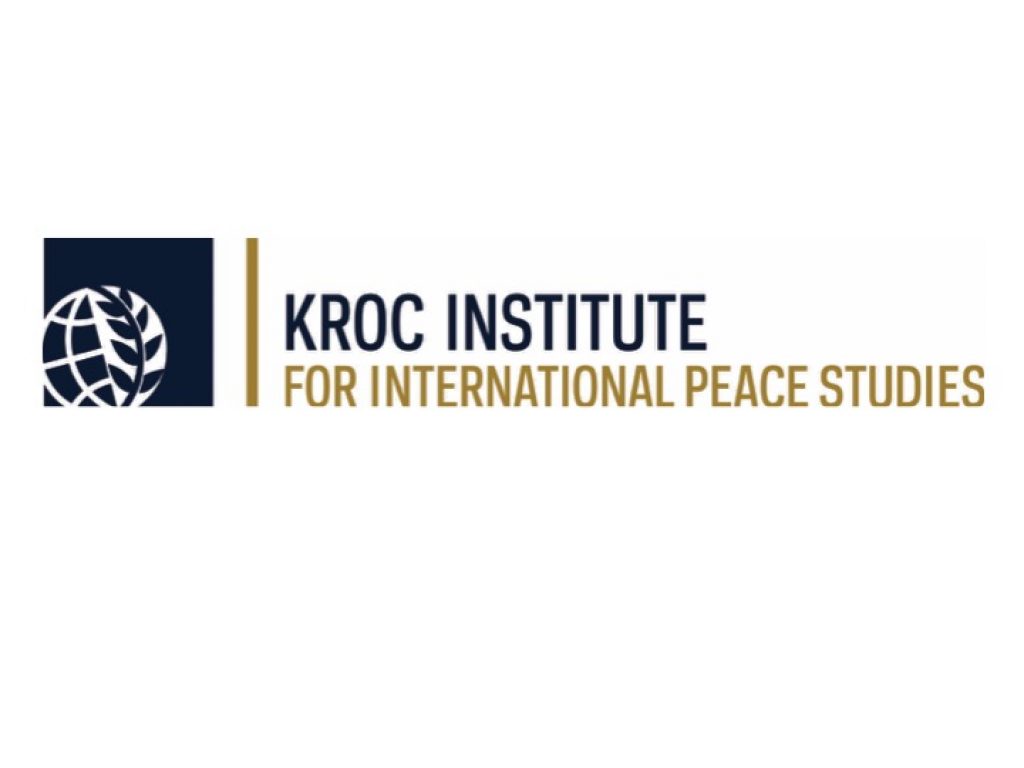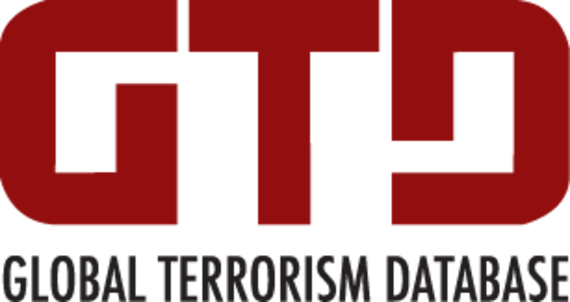Top 5
The World Bank provides free and open access to a comprehensive set of data about development in countries around the globe, together with other datasets cited in the data catalog. Widely used datasets and features:
- Development Indicators
- Global Development Finance
- DataBank Tool (visualizations)
Books, papers, and statistics from the Organisation for Economic Cooperation and Development (OECD). Some of these resources are freely available on the OECD website, but Tufts subscription offers access to the entire OECD database.
Census and survey data from around the world.
UN Data is an Internet search engine, retrieving data series from statistical databases provided by the UN System.
Government
The Polity IV Project provides regime type data for most countries since 1800
Freedom House's "Freedom in the World" report assesses the conditions of civil liberty and human rights across 195 countries. Freedom House also publishes country-level reports composed of numerical ratings and supportive descriptive statistics and research.
A collaborative program of cross-national research among election studies conducted in over fifty states. The CSES is composed of three tightly linked parts: First, a common module of public opinion survey questions is included in each participant country's post-election study. These "micro" level data include vote choice, candidate and party evaluations, current and retrospective economic evaluations, evaluation of the electoral system itself, in addition to standardized socio-demographic measures. Second, district-level data are reported for each respondent, including electoral returns, turnout, and the number of candidates. Finally, system or "macro" level data report aggregate electoral returns, electoral rules and formulas, and regime characteristics.
 (Constituency Level Election Archive) CLEA
(Constituency Level Election Archive) CLEA
Repository of detailed election results for candidate/party, total votes cast, number of eligible voters at the constituency level for lower house legislative elections from around the world. The dataset and documentation currently include 1,098 elections from 73 countries
Conflict Data
Peace and conflicts studies research group based out of Simon Fraser University. It provides statistics for state and non-state-based armed conflict.
The Peace Accords Matrix Project tracks the implementation of 51 different types of provisions, including Ceasefire, Decentralization/Federalism, Constitutional Reform, Military Reform, Media Reform, and Verification Mechanism. Dummy coded variables available as Excel files.
"The Global Terrorism Database (GTD) is an open-source database including information on terrorist events around the world from 1970 through 2014"
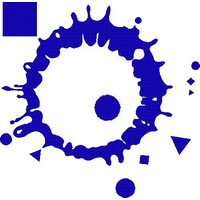
"EM-DAT provides an objective basis for vulnerability assessment and rational decision-making in disaster situations. For example, it helps policymakers identify disaster types that are most common in a given country and have had significant historical impacts on specific human populations. In addition to providing information on the human impact of disasters, such as the number of people killed, injured or affected, EM-DAT provides disaster-related economic damage estimates and disaster-specific international aid contributions."
Major Episodes of Political Violence
Compiled by Dr. Monty G. Marshall Director, Center for Systemic Peace. lists 331 episodes of armed conflict (including 32 ongoing cases) that comprise a comprehensive accounting of all forms of major armed conflicts in the world over the contemporary period: 1946-2013
Provides many datasets on international relations topics, including international conflict, militarized international disputes, bilateral trade, and diplomatic exchanges.
 The Social Conflict Analysis Database (SCAD)
The Social Conflict Analysis Database (SCAD)
"The Social Conflict Analysis Database (SCAD) includes protests, riots, strikes, inter-communal conflict, government violence against civilians, and other forms of social conflict not systematically tracked in other conflict datasets. SCAD currently includes information on social conflicts from 1990-2013, covering all of Africa and now also Mexico, Central America, and the Caribbean."
Stockholm International Peace Research Institute (SIPRI)
An international, independent resource on global security. Databases include data on Multilateral Peace Operations, Military Expenditures, Arms Transfers, and Arms embargoes.
-
The Military Balance
 International Institute for Strategic Studies. Annual reports with key metrics on global military capabilities and defense economics.
International Institute for Strategic Studies. Annual reports with key metrics on global military capabilities and defense economics.
